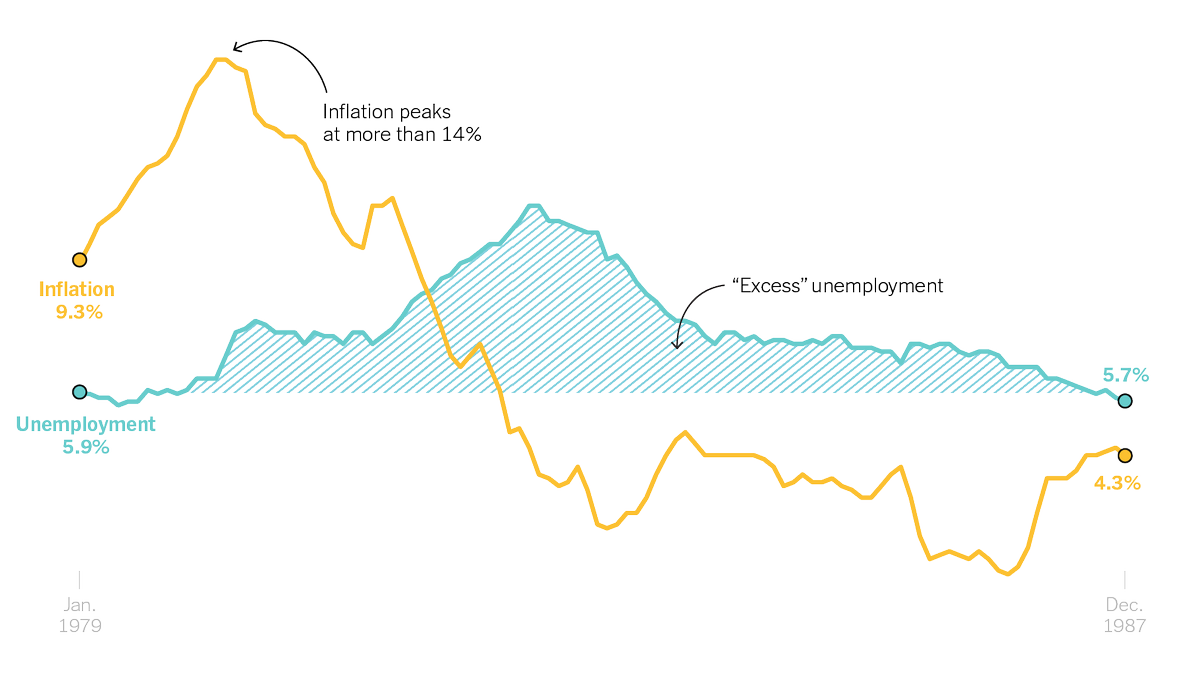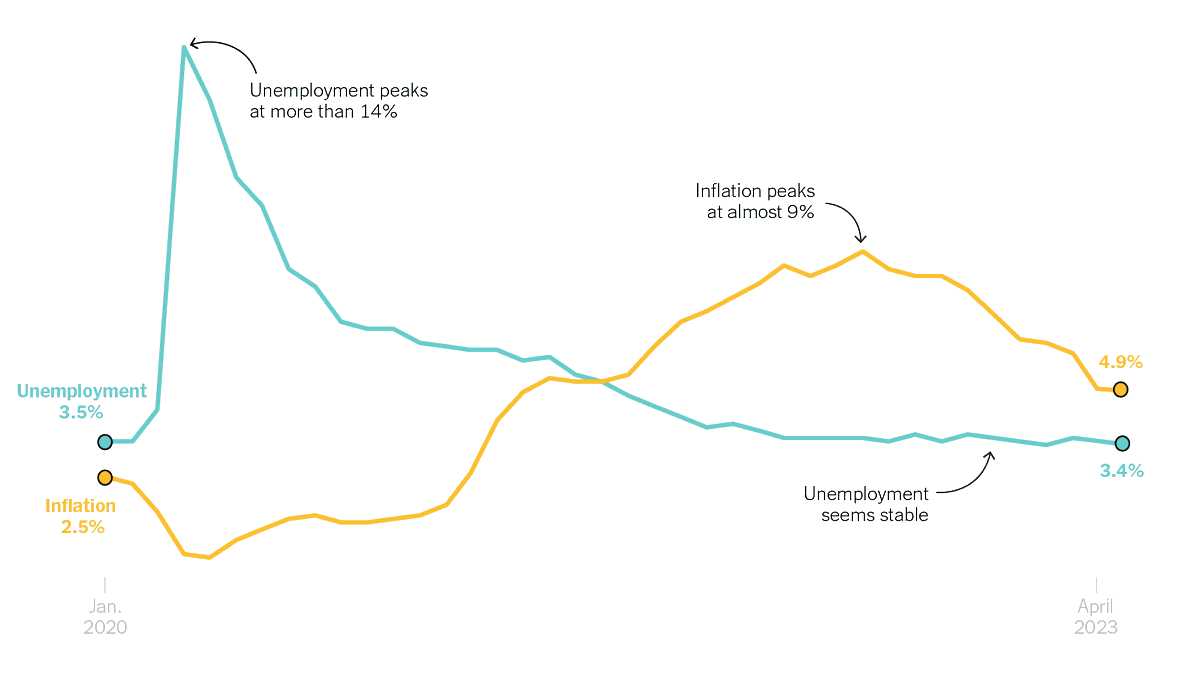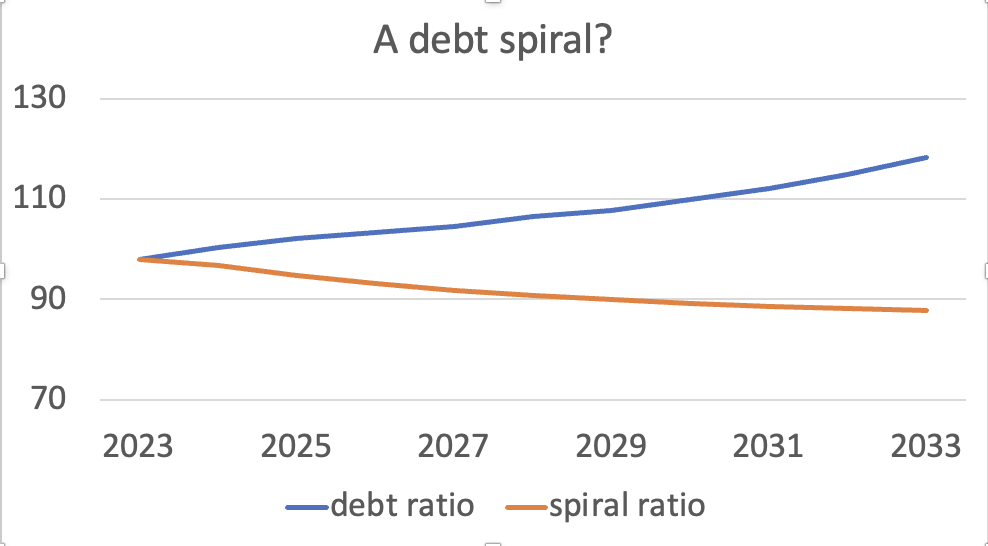So much writing on the debt ceiling right now seems utterly behind the curve. The question now is what does Biden do if Rs refuse any deal that doesn't effectively give them complete control of US policy? Or maybe even actively seek financial crisis? 1/
Unilateral actions might fail — or be blocked by a partisan Supreme Court. But what are people pointing out these risks saying that Biden should do? Capitulate completely? (Even that might not be enough). If that's the plan, say it clearly 2/
• • •
Missing some Tweet in this thread? You can try to
force a refresh

 Read on Twitter
Read on Twitter






